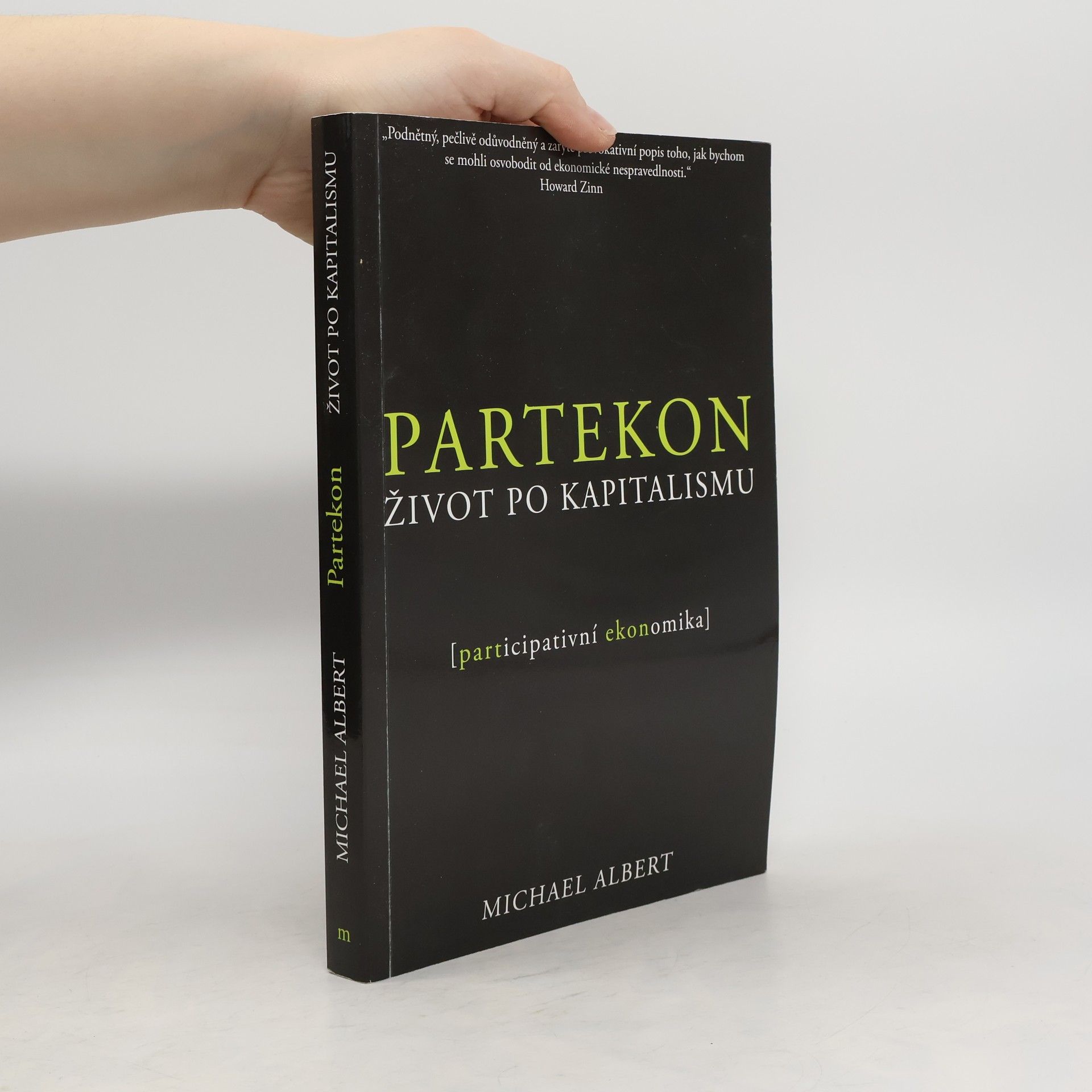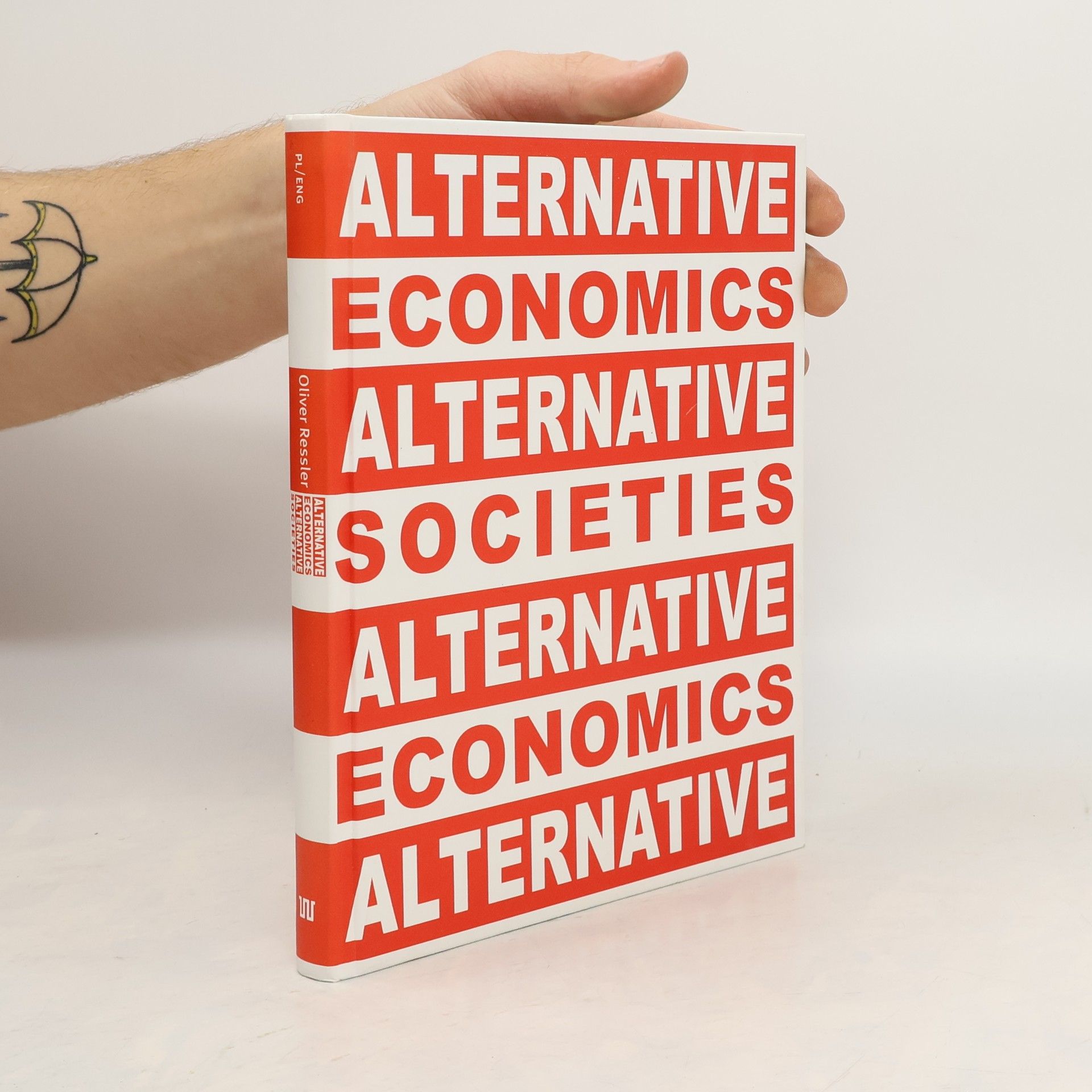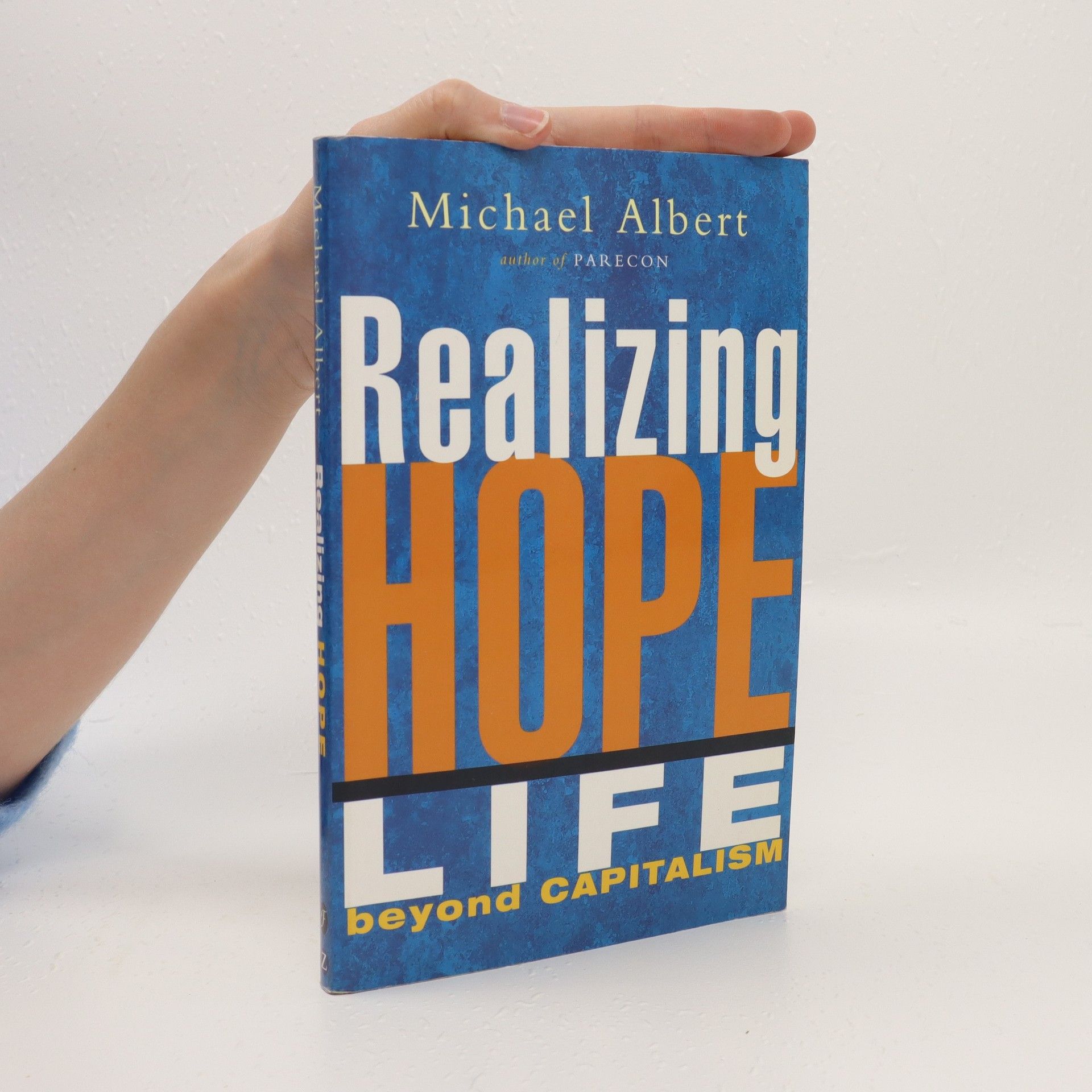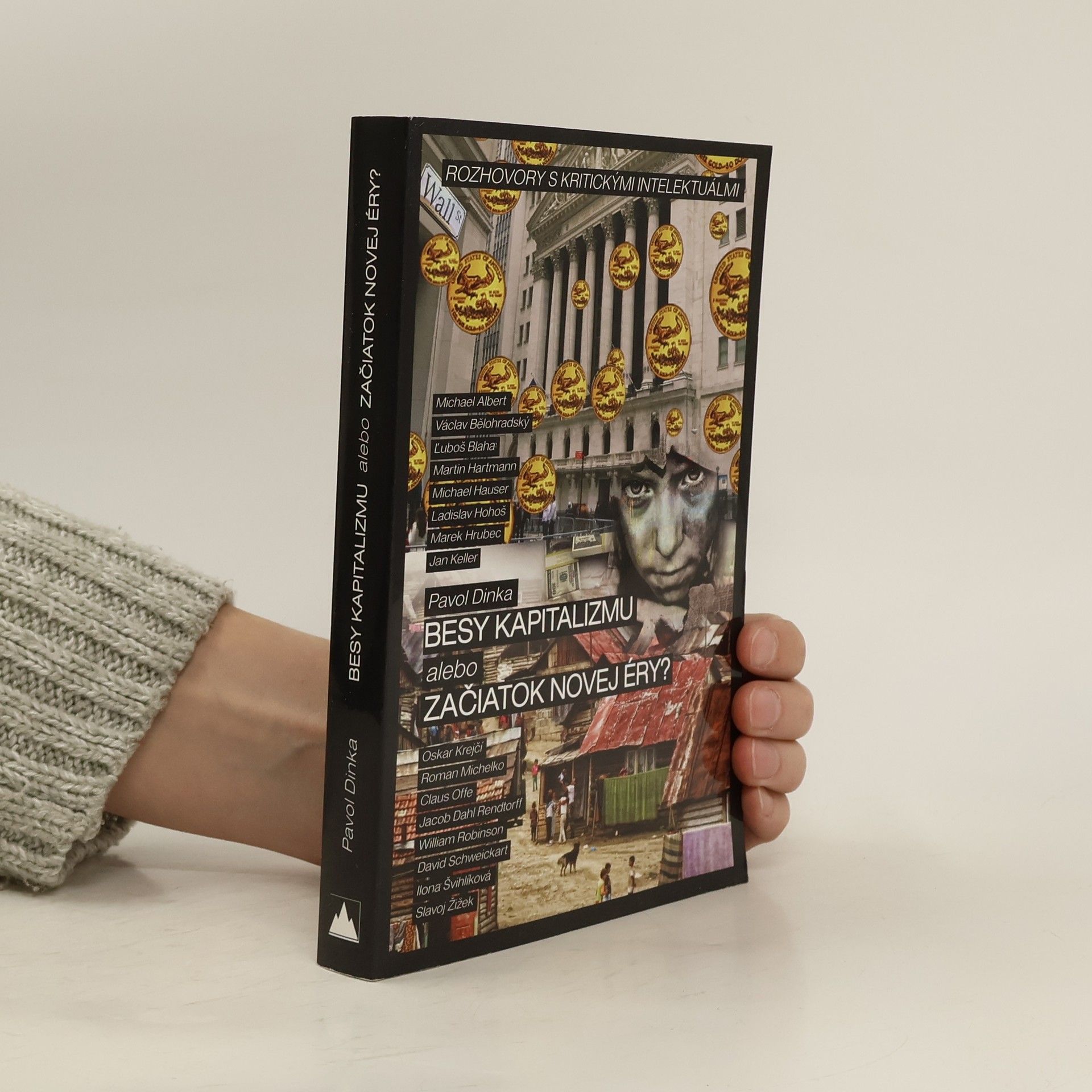Providing hope and direction to sustain commitment on the path to change, No Bosses is about winning a new world.
Michael Albert Book order (chronological)
This American activist, speaker, and writer is recognized for his role as co-editor of ZNet and co-founder of Z Magazine. He also co-founded South End Press and has authored numerous books and articles. He developed the vision of participatory economics, advocating for democratic participatory planning as an alternative to market economies. His work critically examines existing economic structures, proposing more radical, inclusive models for societal organization and resource allocation.







Besy kapitalizmu alebo začiatok novej éry? Rozhovory s kritickými intelektuálmi
- 384 pages
- 14 hours of reading
Pavol Dinka, spisovateľ literatúry faktu a publicista, vo svojej ôsmej knihe prostredníctvom rozhovorov s významnými intelektuálmi - filozofmi, sociológmi, politológmi a ekonómami - skúma smerovanie súčasného kritického myslenia. Názov knihy, Besy kapitalizmu alebo začiatok novej éry?, vystihuje globálny obsah rozhovorov a poukazuje na neutešený stav svetovej civilizácie. Autor sa pýta, či sme v neoliberálnej "spáse" ľudstva alebo na prahu nových spoločenských alternatív voči kapitalizmu. Zmietame sa v krízach, identitárnej panike a nespravodlivosti, zatiaľ čo kódex ľudských práv stráca význam a počet vylúčených narastá. Na druhej strane, bohatstvo úzkej elitnej skupiny sa zvyšuje, pričom si nárokuje dominanciu nad planetou. Existuje nejaké východisko? Autor sa spolu s interviewovanými snaží nájsť odpovede a ponúka čitateľovi pohľad z diaľky, aký majú kozmonauti na Zem, aby sme si uvedomili, že na tej malej bodke prebieha celý život a boj o osud ekonomiky, politiky a kultúry, ktorý závisí len od nás. Toto je rozhodujúce posolstvo knihy.
Dnes už svým způsobem legendární vize, která má být ekonomicko-společenskou alternativou k nevyhovujícímu a kritizovanému kapitalismu. Partekonisté jsou v jistém slova smyslu ekonomičtí filozofové, stavějící svůj ideál na principech rovnosti, solidarity, diverzity a participativního self-managementu. Součinnost dvou základních jednotek spotřebitel-pracující a s ní nerozlučně spjaté otázky a řešení alokace se snaží vybalancovat tak, aby jedna nefungovala na úkor druhé a vznikl tak efektivnější a pro všechny zúčastněné příjemnější a spravedlivější systém s pozitivním vlivem na morálku a celkovou atmosféru ve společnosti jako celku. Zajímavý ekonomický model pro každého, kdo si přeje redukovat hierarchii ve společnosti na minimum a přitom maximálně zvýšit rovné příležitosti a odpovědnost každého člena za vlastní osud. Partekonisté v něm vidí ideální model anarchistické ekonomické vize.
Dielo jedného z najoriginálnejších mysliteľov dneška prináša premyslenú ekonomickú alternatívu súčasnému kapitalizmu, ktorý sa potáca v najhlbšej kríze za posledných 80 rokov. Napriek tomu, že niektoré návrhy riešenia odporúčaní autora dnes vyznievajú utopicky a nerealisticky, množstvo jeho názorov, návodov a postrehov je veľmi úspešne uplatniteľných a aplikovateľných aj v dnešnom ekonomickom systéme. Okrem toho dielo prináša brilantnú ekonomicko-politickú analýzu súčasného sveta a jeho sprístupnenie (predovšetkým) odbornej verejnosti zásadným spôsobom oživí spoločensko-vedný diskurz na Slovensku. Na margo knihy N. Chomsky napísal: „Dielo sa zaoberá dominantnými ľudskými záujmami a spôsobmi ľudskej interakcie, hľadá a skúma základné princípy, ktoré by mohli viesť k pretvoreniu súčasnej spoločnosti a ktoré by konštruktívne prispeli k týmto premenám. Je to hodnotný a provokatívny náčrt modelu vedúceho k väčšej miere slobody a spravodlivosti“. Vydavateľ: Vydavateľstvo SSS
Alternative Economics, Alternative Societies
- 238 pages
- 9 hours of reading
In PARECON – Participatory Economics – entwirft Michael Albert ein nach-kapitalistisches Gesellschafts- und Wirtschaftsmodell. Hochgelobt und inzwischen in viele Sprachen übersetzt, beschreibt er ein komplexes, alle Lebensbereiche durchdringendes System jenseits der herrschenden Ökonomie von Ausbeutung und Privateigentum. Ziel ist eine lebendige Gesellschaft, vielfältig, solidarisch und selbstorganisiert. Jenseits von zentraler Planung und Kapitalismus tritt ein weit gespanntes Netz von Räten, in welchen Produzenten und Verbraucher partizipatorisch über die benötigten Güter und Waren beraten und entscheiden können. Ein wichtiger Beitrag zur Diskussion um eine andere Welt von morgen.
Albert's economic replacement for capitalism, -'Parecon'- has already become widely known. Here he goes further offering insights about how whole areas of life might be transformed in a new society.
